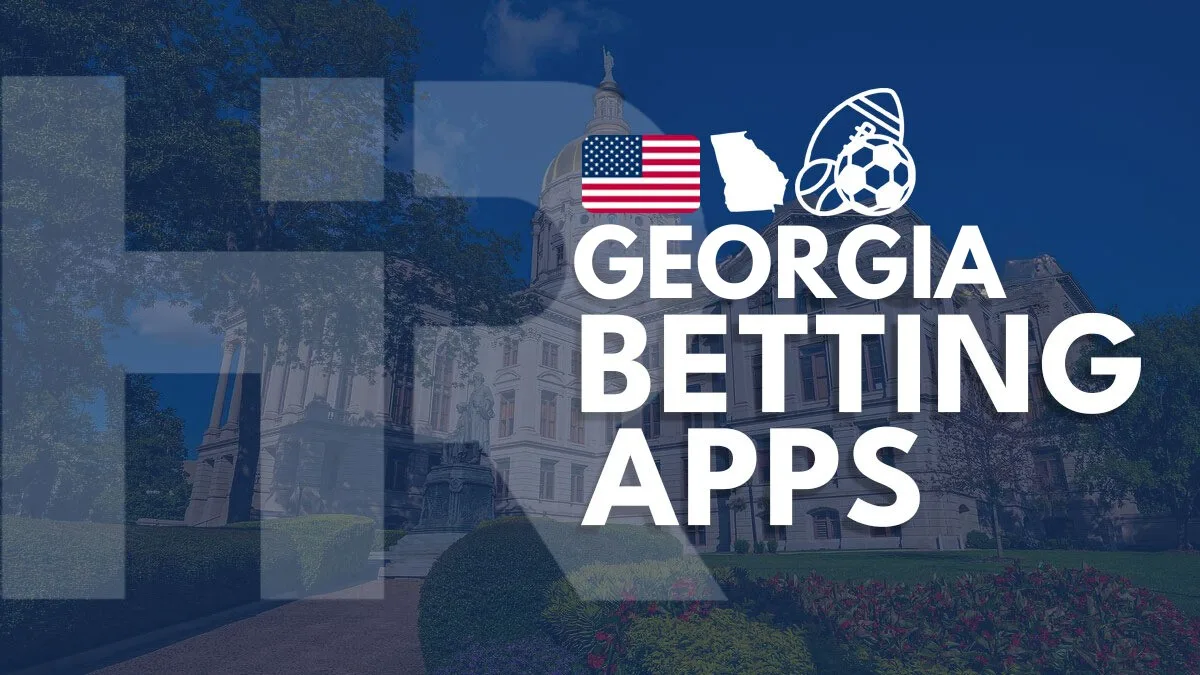UNC President Wants to Ban Yik Yak, Other Apps from Networks
(TNS) — Remember Yik Yak?
Young adults of a certain age — myself included — likely do. The social media platform, which allows users to post anonymously in a location-based public forum, was popular at high schools and colleges throughout the mid-2010s before it shut down in 2017.
Though the platform sometimes made for lighthearted laughs about situations or events on campuses, its anonymity also allowed for cyber bullying and threats to be made, often with little consequence for the “yakkers,” or users, who posted the content.
Well, after relaunching in 2021, the app is now back on campuses. And, along with other similar platforms, it’s contributing to “a reckless disregard for the well-being of young people and an outright indifference to bullying and bad behavior,” according to UNC System President Peter Hans.
That’s why he’s hoping to block the platforms from campus IT networks across the 17-institution public university system.
Welcome to Dean’s List, a weekly roundup of higher education news in the Triangle and across North Carolina from The News & Observer and myself, Korie Dean.
This week’s edition includes more on Hans’ plan to block the anonymous, location-based apps from campuses, the two UNC System professors who received awards for their commitment to service and a new partnership between Johnston Community College and North Carolina Wesleyan University.
SYSTEM PRESIDENT’S CALL TO BLOCK APPS
Hans announced his plans to block Yik Yak and at least three other apps — Fizz, Whisper and Sidechat — from campus IT infrastructure in his remarks at last week’s meeting of the UNC System Board of Governors.
Citing a recent interaction he had with Jonathan Haidt, a social psychologist who has taught at New York University since 2011, Hans spoke about the concerns Haidt has raised regarding the effects of technology and social media on the mental health of young people.
“One of the most compelling things Dr. Haidt said during his talk is that our current relationship to technology and online life is a choice, and we could make different choices,” Hans said. “In fact, we have an obligation to make different choices when it comes to young people. We used to prescribe opium to children, he noted, and we stopped when it became clear that we were doing terrible harm.”
With that in mind, Hans said, “we’re approaching a similar moment of clarity” with social media and technology. The UNC System is already “doing plenty of valuable work to chart a healthier course in the relationship between students and technology,” he said, with researchers, student affairs professionals and faculty all playing a role.
But Hans wants “to make their jobs a little bit easier” — and he plans to do so by having the system’s legal and IT teams block “the most destructive social media apps from UNC System infrastructure.”
Hans said he was not aware of Yik Yak or the other apps “until a group of student body presidents told me of their ubiquitous presence on our campuses.”
“These apps, operating only within a five-mile radius of a school to target their students, are the modern equivalent of scrawling cruel rumors on the bathroom wall, except now with a much larger audience,” Hans said. “There are reasonable arguments about limited social media usage, generally, but there’s simply no value to our campus communities in providing a taxpayer-paid platform for trolling.”
Hans acknowledged that blocking the apps from campus IT networks won’t bring an end to students’ use of them. They would still be able to access the platforms on their own data plans, outside of campus Wi-Fi networks, for example. But he hopes the move will spark a larger conversation about technology and social media on campuses.
“My hope is that this action, admittedly a small step, will prompt deeper reflection about how we’re encouraging our students to spend their time, engage with their peers, and cultivate a public square that’s worthy of a public university,” Hans said.
On a related note: North Carolina last year banned TikTok from state-owned devices and networks, citing security threats, but the ban did not apply to universities or university employees.
ECSU & UNC PROFESSORS WIN HOLSHOUSER AWARDS
Last week’s Board of Governors meeting also brought the annual awarding of the Gov. James E. Holshouser Jr. Award for Excellence in Public Service.
Established in 2007 and named for Holshouser in 2013, the award is designed to “encourage, identify, recognize, and reward public service by employees” of the UNC System.
Two professors shared the honor this year:
▪ Kuldeep Rawatof Elizabeth City State University, who has been with the university since 2004 and currently serves as the dean of the School of Science, Aviation, Health and Technology and the director of the university’s aviation science program.
Over his 19 years with ECSU, Rawat has led outreach efforts, such as the NASA Aerospace Academy of Northeastern North Carolina and a mobile STEM lab program, that have impacted thousands of students, parents and teachers in Eastern North Carolina.
Among his several other accomplishments and contributions at the university, Rawat is also the architect of the university’s unmanned aircraft systems (UAS) degree and helped establish the state’s only UAS training facility. He has also worked to secure funding and support for broadband access across Eastern North Carolina, “supporting a future where families have access to education and opportunity by way of technology,” a UNC System news release said.
“Because of Dr. Rawat’s vision and hard work, students from the smallest towns in eastern North Carolina can discover new opportunities and build paths that will change the course of their lives for the better,” Board of Governors Chair Randy Ramsey said in the news release. “We thank Dr. Rawat for his incredible contributions to generations of North Carolinians and congratulate him on this award.”
▪ Mike Smith, dean emeritus of the UNC-Chapel Hill School of Government, who first came to the university in 1978.
Smith became the director of the university’s Institute of Government in 1992, then shepherded the campus unit as it became the School of Government — and he became its dean — in 2001. Under his leadership, the School of Government remained “ closely focused on its mission of improving state and local government for all North Carolinians,” a UNC System news release said.
The School of Government, which offers training for more than 12,000 public officials across the state each year, is the largest university-based organization of its kind in the country. Smith expanded the school’s offerings to include expertise in environmental finance, development finance, criminal justice and other areas.
In 2013, he pioneered the creation of a fully online Master of Public Administration degree program, quadrupling the number of students served through that program and “making it easier for public officials across the state to take the next step in their careers.”
“Mike is a model of selfless, nonpartisan public service,” Hans said in a news release. “He understands on a bone-deep level that this university belongs to all North Carolinians, and that we must use our research and scholarship to benefit our citizens. He has put this belief into practice over many decades at Carolina, and we are indebted to him for his support of good government in both large and small communities around the state. My congratulations to him on this well-deserved award.”
JCC JOINS WESLEYAN WORKS TRANSFER PROGRAM
It’s now easier for Johnston Community Collegegraduates to transfer to North Carolina Wesleyan University, the private university in Rocky Mount.
The colleges signed a new memorandum last week that adds JCC to the Wesleyan Works program, which guarantees admission to NC Wesleyan for graduates of participating community colleges.
Under the agreement, JCC students who earn an Associate in Arts, Associate in Science, Associate of Arts in Teacher Preparation, Associate of Science in Teacher Preparation, Associate of Engineering, Associate in Applied Science or Associate of Nursing will receive a transfer credit of 75 hours and “a clear definition of the courses that are transferable from JCC to NCWU.”
JCC students will also have access to academic and financial aid advising at NC Wesleyan.
“North Carolina Wesleyan University has had a long-standing focus on supporting community college students (to) further their education,” NC Wesleyan President Evan Duff said in a news release. “Because Johnston Community College seeks only the best opportunities to benefit their students and alumni, partnering with them made sense. We both value pathways to support student’s educational journeys that is affordable, practical, and purpose-driven.”
©2024 The Charlotte Observer. Distributed by Tribune Content Agency, LLC.



